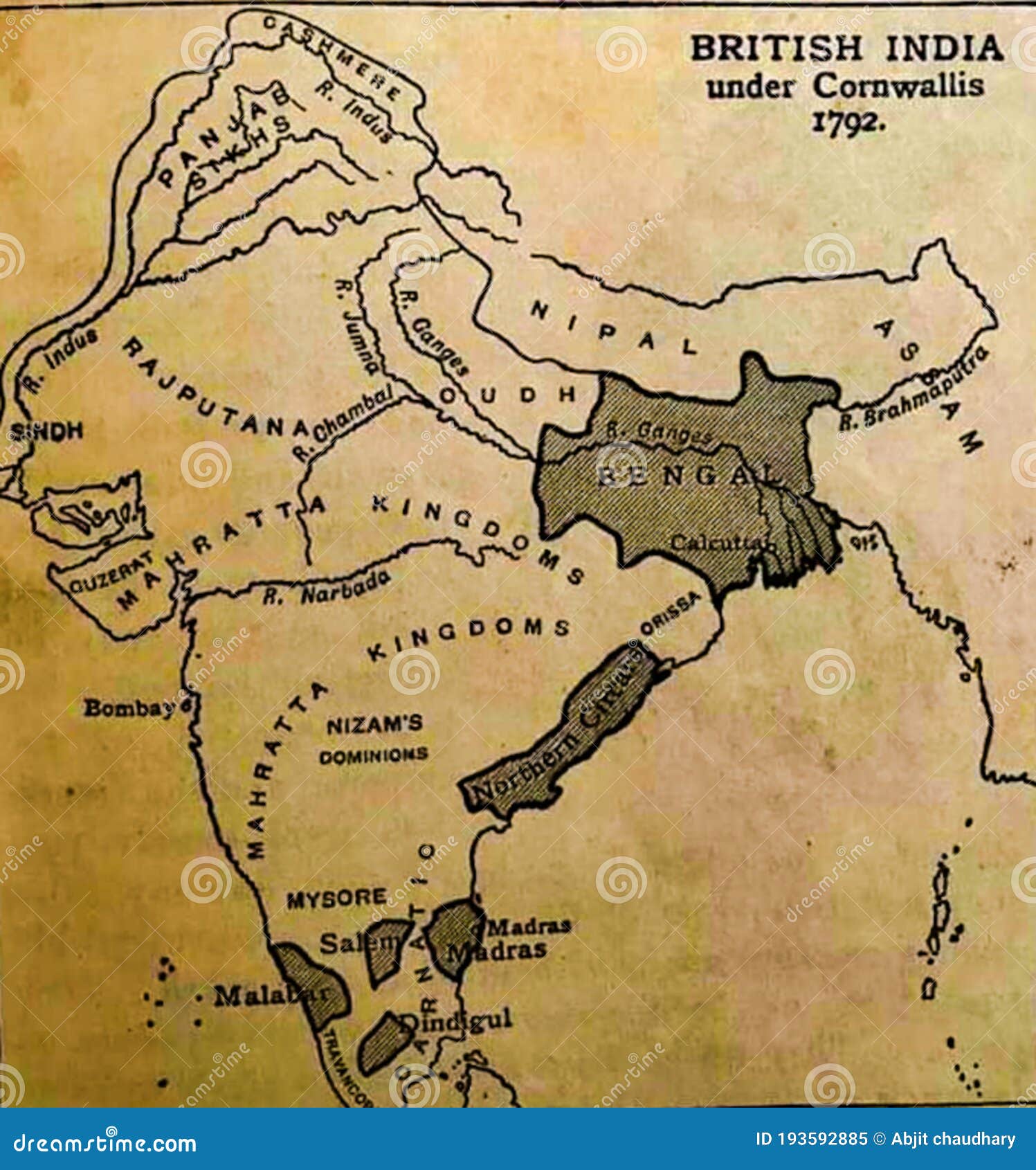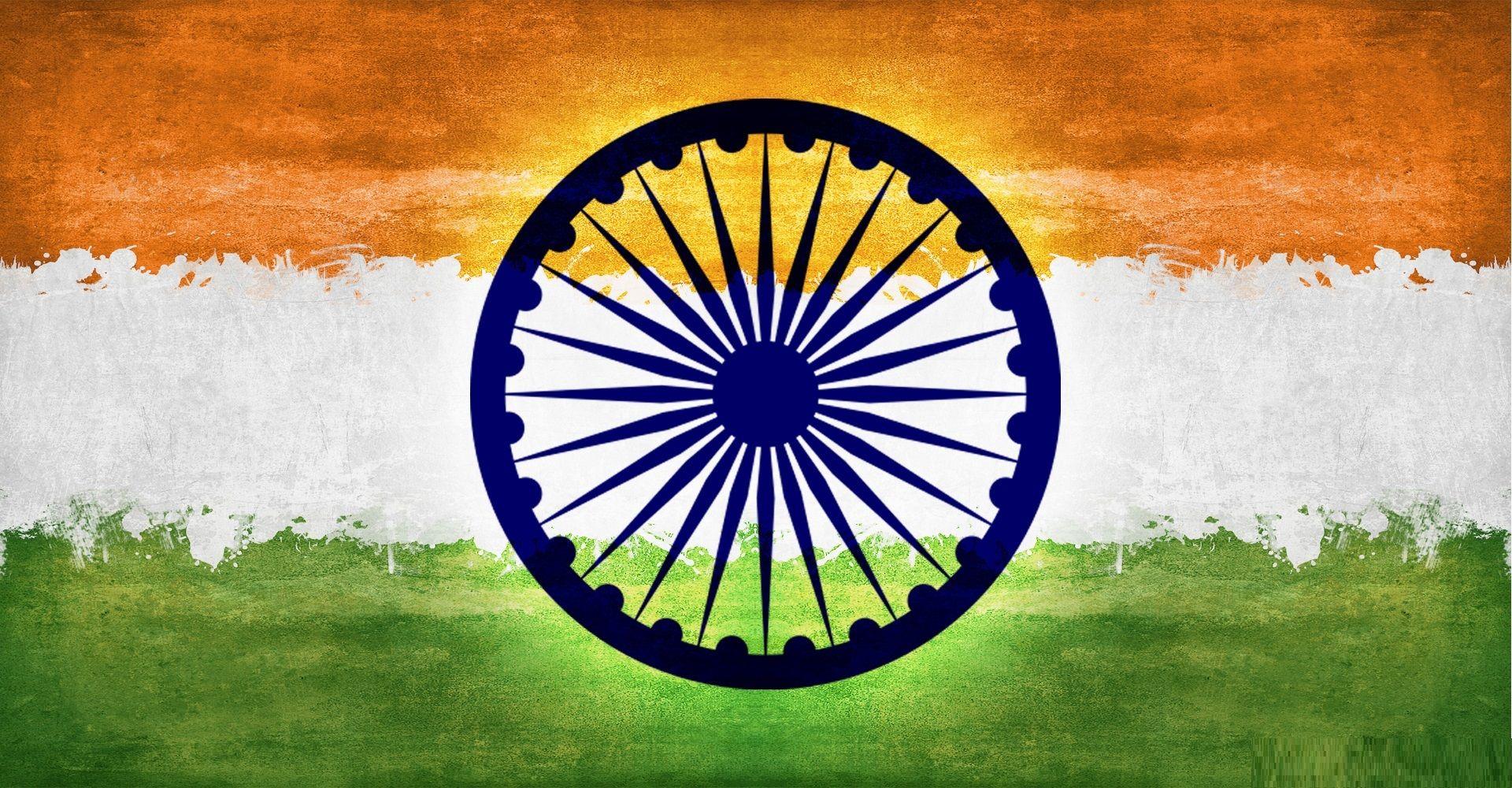Bharat Rishi Moorjani: Unveiling India's Timeless Soul
In the tapestry of a nation's identity, names hold profound power, weaving together history, culture, and collective aspirations. While many may seek to understand a specific individual named Bharat Rishi Moorjani, this article embarks on a unique journey, exploring "Bharat Rishi Moorjani" not as a singular historical figure with a conventional biography, but as a profound symbolic embodiment of India's enduring spirit. This name, in its very essence, encapsulates the ancient wisdom, cultural depth, and timeless heritage of what is officially known as India, yet deeply revered as Bharat.
To truly grasp the significance of "Bharat Rishi Moorjani," one must delve into the rich etymology and historical resonance of "Bharat" itself. It is a name that echoes through millennia, rooted in Sanskrit, and deeply embedded in the subcontinent's consciousness. This exploration will illuminate why "Bharat" carries such weight, and how a symbolic figure bearing this name could represent the very soul of a civilization.
Bharat Rishi Moorjani: A Symbolic Embodiment of India's Soul
The name "Bharat Rishi Moorjani" is a fascinating construct, particularly when viewed through a symbolic lens. Each component resonates with a deeper meaning pertinent to India's identity. "Bharat" is the ancient, revered name for India, signifying its profound cultural and historical roots. "Rishi" denotes a sage, a seer, someone endowed with deep wisdom, spiritual insight, and a connection to ancient truths. The surname "Moorjani," while not explicitly defined in the provided context, could metaphorically represent a lineage, a guardian, or a specific aspect of this ancient wisdom. Thus, "Bharat Rishi Moorjani" emerges as a powerful symbol: a "Sage of Bharat," a timeless guardian of its wisdom, a living embodiment of its enduring spirit. This symbolic figure represents the collective consciousness, the historical memory, and the philosophical bedrock of a civilization that has thrived for millennia. Understanding this symbolic interpretation is key to appreciating the depth of the name "Bharat Rishi Moorjani" and its connection to the very soul of India.The Ancient Roots of 'Bharat': More Than Just a Name
The term "Bharat" is far from a mere geographical designation; it is a name steeped in antiquity, deeply woven into the cultural and spiritual fabric of India. As the provided data suggests, "Bharat" is an ancient Sanskrit word, believed by many historians to date back millennia. It is the name for India in various Indian languages, carrying a weight of tradition and reverence that "India" (derived from the Indus River via Persian and Greek) does not inherently possess. While "India" and "Bharat" are both used officially and colloquially, "Bharat" carries a profound historical and emotional resonance. It is not just a label but a reflection of the nation's ancient history, culture, and traditions. The republic of India is principally known by two official short names, "India" and "Bharat." An unofficial third name, "Hindustan," is also widely used, particularly throughout North India, but "Bharat" holds a distinct spiritual and historical primacy.Tracing 'Bharat' Through Myth and History
The term "Bharat" has been in use since millenniums, appearing prominently in ancient texts and mythologies. According to some ancient texts, India was named after King Bharata, who is considered one of the most revered and powerful monarchs in Indian history. This legendary king's reign is often depicted as a golden age, a period of righteousness and prosperity, solidifying "Bharat" as a name associated with an ideal kingdom and a virtuous ruler. Furthermore, the term also appears in Jain and Hindu mythologies as "Bharat Varsh" or "Bharata Khanda," referring to the region of Bharata or the Indian subcontinent. This deep mythological and historical embedding signifies that "Bharat" is not a modern construct but a name with profound significance, stretching back through the ages, connecting contemporary India to its ancient roots. India was "Bharata," the holy land of the Hindus, a fact underscored by the strategic placement of great Hindu pilgrimage sites in the four corners of the country, emphasizing its spiritual unity under this ancient name.'Bharat' vs. 'India': A Cultural Resurgence
In recent times, the discussion around the names "India" and "Bharat" has gained significant traction, moving beyond academic circles into the realm of national discourse. A notable instance of this was when Prime Minister Narendra Modi’s government replaced "India" with the Sanskrit word "Bharat" in dinner invitations sent for the Group of 20 (G20) summit. This move, echoing with his Hindu nationalist ideology, sparked widespread debate and highlighted the ongoing push to emphasize the indigenous name. This shift isn't merely a linguistic preference; it's a statement about national identity and heritage. For many, the name "India" is seen as a colonial imposition, a legacy of foreign rule, while "Bharat" represents an assertion of indigenous identity, a reclamation of cultural pride. The desire to officially rename the country to "Bharat" stems from a deep-seated belief that the nation should be known by a name that truly reflects its ancient, pre-colonial origins and spiritual essence.The Profound Significance of 'Bharat'
In a nutshell, "Bharat" is a name that reflects India’s ancient history, culture, and traditions. While both "India" and "Bharat" are used officially and colloquially, "Bharat" carries a deeper, more profound significance for many. It evokes a sense of continuity with a glorious past, a connection to the Vedas, the Upanishads, and the epic narratives that form the bedrock of Indian civilization. It is a name that speaks of a land that has been a cradle of philosophy, spirituality, and diverse traditions for thousands of years. The choice of "Bharat" over "India" is thus seen by its proponents as a step towards decolonization of the mind, a reaffirmation of a unique civilizational identity that predates and transcends colonial influences. It is a call to remember and celebrate the indigenous roots that have nourished this vast and diverse nation.The Geographic and Spiritual Landscape of Bharatavarsha
The concept of "Bharat" extends beyond a mere political boundary; it encompasses a vast geographic and spiritual landscape, historically known as "Bharatavarsha" or "Bharata Khanda." This Sanskrit name for the Indian subcontinent signifies not just a landmass but a sacred territory, a region deeply intertwined with spiritual narratives and philosophical traditions. The provided data highlights that "India was Bharata, the holy land of the Hindus," and it is indeed significant that major Hindu pilgrimage sites are situated in the four corners of India. These pilgrimage sites—Badrinath in the North, Dwarka in the West, Puri in the East, and Rameswaram in the South—symbolically unite the entire land under the spiritual umbrella of "Bharat." This geographical and spiritual integration underscores the idea of "Bharat" as a unified cultural entity, a sacred geography where diverse traditions flourish within a shared civilizational framework. The term "Bharatavarsha" thus evokes a sense of timelessness and a deep spiritual connection to the land itself, transcending modern political divisions.The Enduring Legacy of 'Bharat Rishi Moorjani'
In light of this deep dive into the meaning of "Bharat," the symbolic figure of "Bharat Rishi Moorjani" gains even greater resonance. This conceptual "Sage of Bharat" represents the enduring legacy of a civilization that has weathered countless changes yet retained its core identity. "Bharat Rishi Moorjani" embodies the collective wisdom passed down through generations, the resilience of its people, and the timeless values that continue to define India. This symbolic name serves as a reminder that the true essence of India lies not just in its modern achievements but in its ancient foundations. It encourages a reflection on the philosophical depth, the spiritual heritage, and the cultural richness that "Bharat" represents. The enduring legacy of "Bharat Rishi Moorjani" is therefore the enduring legacy of India itself: a continuous narrative of evolution, preservation, and profound spiritual inquiry.The 'Biography' of Bharat Rishi Moorjani: A Journey Through Time
It is crucial to reiterate that "Bharat Rishi Moorjani" is not a historical individual for whom a conventional biography exists. Instead, the "biography" of "Bharat Rishi Moorjani" is the grand narrative of Bharat itself—a journey spanning millennia, marked by profound wisdom, cultural flourishing, and unwavering resilience. This symbolic "biography" begins in the mists of ancient times, with the very first mention of "Bharat" in Sanskrit texts and mythologies, linked to legendary kings and sacred lands. "Bharat Rishi Moorjani" "witnesses" the unfolding of Vedic civilization, the rise of great empires like the Mauryas and Guptas, and the birth of world religions like Buddhism and Jainism on its soil. This "sage" embodies the wisdom of the Upanishads, the strategic brilliance of Chanakya, and the artistic splendor of Ajanta. Through the medieval period, "Bharat Rishi Moorjani" experiences the ebb and flow of various dynasties, the synthesis of diverse cultures, and the enduring spirit of devotion expressed through Bhakti and Sufi movements. The "sage" then navigates the colonial era, bearing the burdens of foreign rule but also witnessing the awakening of national consciousness and the struggle for independence. In contemporary times, "Bharat Rishi Moorjani" represents the modern Indian republic—a vibrant democracy grappling with the challenges and opportunities of the 21st century, yet always anchored by its ancient heritage. This "biography" is a testament to the continuous evolution of a civilization, a living tradition that adapts and thrives while holding onto its fundamental identity. The "life" of "Bharat Rishi Moorjani" is thus the eternal story of Bharat, a narrative of wisdom, endurance, and spiritual depth.Symbolic Attributes: The 'Personal Data' of Bharat Rishi Moorjani
Since "Bharat Rishi Moorjani" is a symbolic representation rather than a literal person, the "personal data" takes on a metaphorical form, reflecting the core attributes and essence of Bharat itself. This table outlines the profound characteristics embodied by this conceptual "Sage of Bharat." | Attribute | Description- Necati Arabac%C3%A4
- American Airlines Affected By Outage What Happened And How It Impacted Passengers
- Kevin Bacon Spouse
- Ella Whitesell
- Melanie Zanona

An Old Map Shows The Extent Of India - vrogue.co

Bharat Mata Photo And Images Collection

Bharat Mata Wallpapers - Top Free Bharat Mata Backgrounds - WallpaperAccess